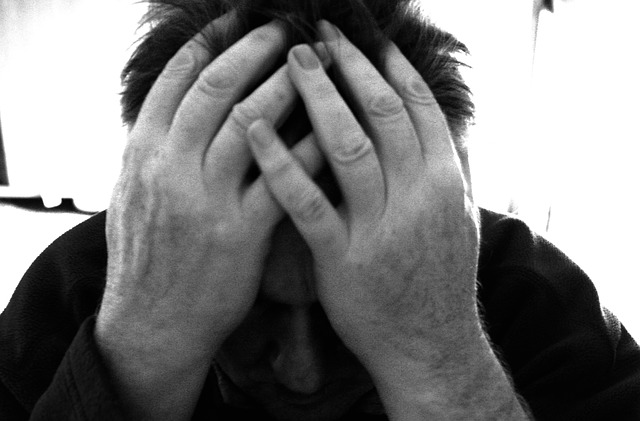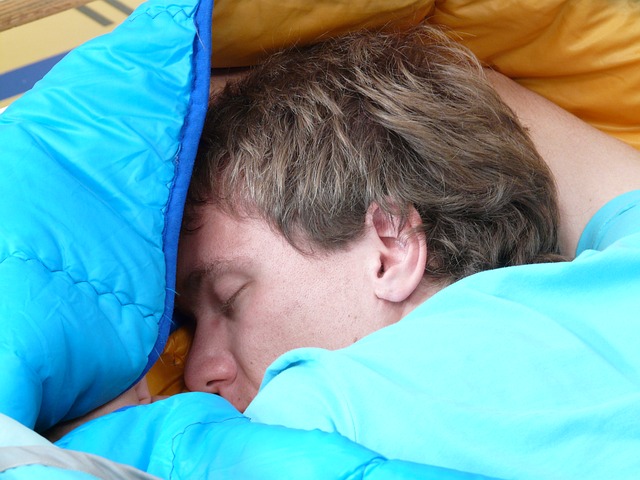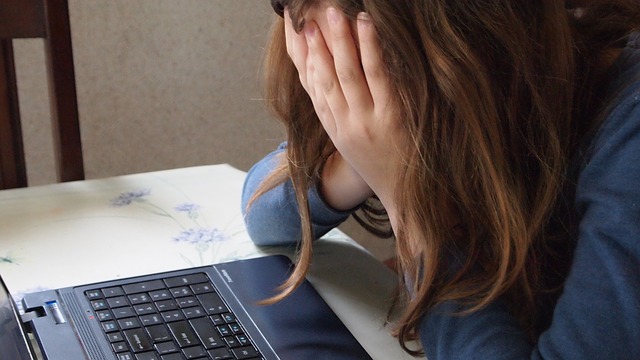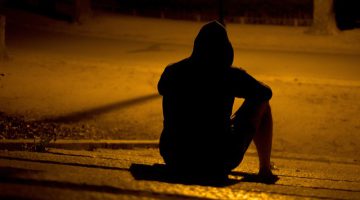We only have 24 hours in a day. By the time you fight traffic, work all day, take the kids to soccer practice, fix dinner, clean, run errands, you realize you are running out of time.
What gives? It’s probably your sleep.
The only way you can squeeze more time out of the day is to forgo sleep. And, that’s one thing you shouldn’t do.
Lack of sleep is linked to critical health issues such as depression, diabetes, heart problems, weight gain, memory loss, and high blood pressure. And, it also affects your career.
According to the CDC, nearly a third of North Americans are sleep deprived and sleeping less than six hours a night. It’s estimated that insomnia is responsible for millions of lost workdays per year, costing employers nearly $63.2 billion annually.
Sleep Deprivation and Disasters
Sleep deprivation has caused some of the biggest disasters in recent history. According to National Institute of Health and HuffingtonPost.com, sleep deprivation has been either partially or wholly responsible for several major disasters. They are:
- Chernobyl – Chernobyl was one of the world’s worst nuclear disasters. The number of deaths attributed to the explosion will most likely never be known.
- Three Mile Island – The accident at Three Mile Island in Pennsylvania is considered to be the most serious nuclear incident in the U.S. It was attributed to human error due to sleep deprivation.
- The Challenger Explosion – The Challenger exploded seconds after its 1986 launch, killing all seven crew members. The Presidential Commission on the accident admitted that “The willingness of NASA employees in general to work excessive hours, while admirable, raises serious questions when it jeopardizes job performance, particularly when critical management decisions are at stake.”
- The Exxon Valdez Oil Spill – When the supertanker ran aground in Alaska in 1989, destroying wildlife and spilling 258,000 barrels of crude oil in the process, third mate Gregory Cousins was allegedly asleep at the wheel, leaving him unable to turn the boat back into the shipping lanes in time to avoid disaster.
- American Airlines Flight 1420 Crash – In 1999, American Airlines Flight 1420 overshot the runway at Little Rock National Airport and only 24 passengers were not injured. Severe thunderstorms played a role, but the National Transportation Safety Board also determined that “impaired performance resulting from fatigue” was involved.
How Sleep Affects Your Brain at Work
Not all of us put people’s lives at stake if we get a little sleepy on the job but your lack of sleep does have an impact on your career. Too little sleep damages the brain’s ability to process information, solve problems, think creatively, manage stress, and keep emotions at an even temperament – all skills critical to workplace performance.
“Sleep revitalizes the learning capacity of our brains. It also helps cement new memories, effectively hitting the ‘save’ button so we don’t forget. Sleep also refreshes our emotional brain circuits, preparing us for next day’s social and psychological challenges,” Matthew Walker, director of the Sleep and Neuroimaging Laboratory toldBrainBlogger.com. “Beyond the brain, I should also note that sleep boosts our immune system to ward off sickness, infection and malignancy.”
Sleep loss also:
- Hurts Your Critical Thinking – Sleep plays a crucial role in critical thinking and learning. Lack of sleep impairs attention, alertness, concentration, reasoning, and problem solving.
- Makes You Forgetful – Getting sleep keeps your mind fresh and helps you become less forgetful. In 2009, American and French researchers determined that brain events called “sharp wave ripples” are responsible for consolidating memory. The ripples also transfer learned information from the hippocampus to the neocortex of the brain, where long-term memories are stored. Sharp wave ripples occur mostly during the deepest levels of sleep.
- Impairs Judgment – Sleep-deprived employees are prone to poor judgment. Sleep experts say people think they are doing fine on less sleep, but they’re not. Employers depend on employees for good judgment.
- Causes More Stress – When you are physically exhausted, stress results. Your worries, anxieties and tensions are magnified when you’re tired.

Can Companies Help Employees?
Some say it’s not a company issue and it’s personal responsibility. Sure, if you’re not getting enough sleep because you stay up too late watching T.V., that’s easy to solve. But, life is busy and work is busy. Employers have high expectations for their employees. Is there anything that organizations can do to help?
The National Sleep Foundation recommends 20- to- 30 minute naps to boost short-term alertness. There are some companies who have napping rooms or sleeping pods but beyond that, can employers better optimize schedules or even introduce alternative work schedules? Maybe there is a happy medium. Some big name companies are already doing this. You can click here for that list.
Lack of sleep can cause some very serious health issues and it’s not healthy for your career. When you’re not at your best, you’re inefficient, and you can’t focus, that’s not going to give you stellar work performance. I’m not a medical professional and I’d never attempt to dispense any medical advice so for anyone who is having difficulty with sleep, you may want to seek out a professional.
Perhaps we can all sleep on this and come up with a plan that makes sense for everyone.
To receive similar content, “Like” us on Facebook @ https://www.facebook.com/niagarabuzz.ca











